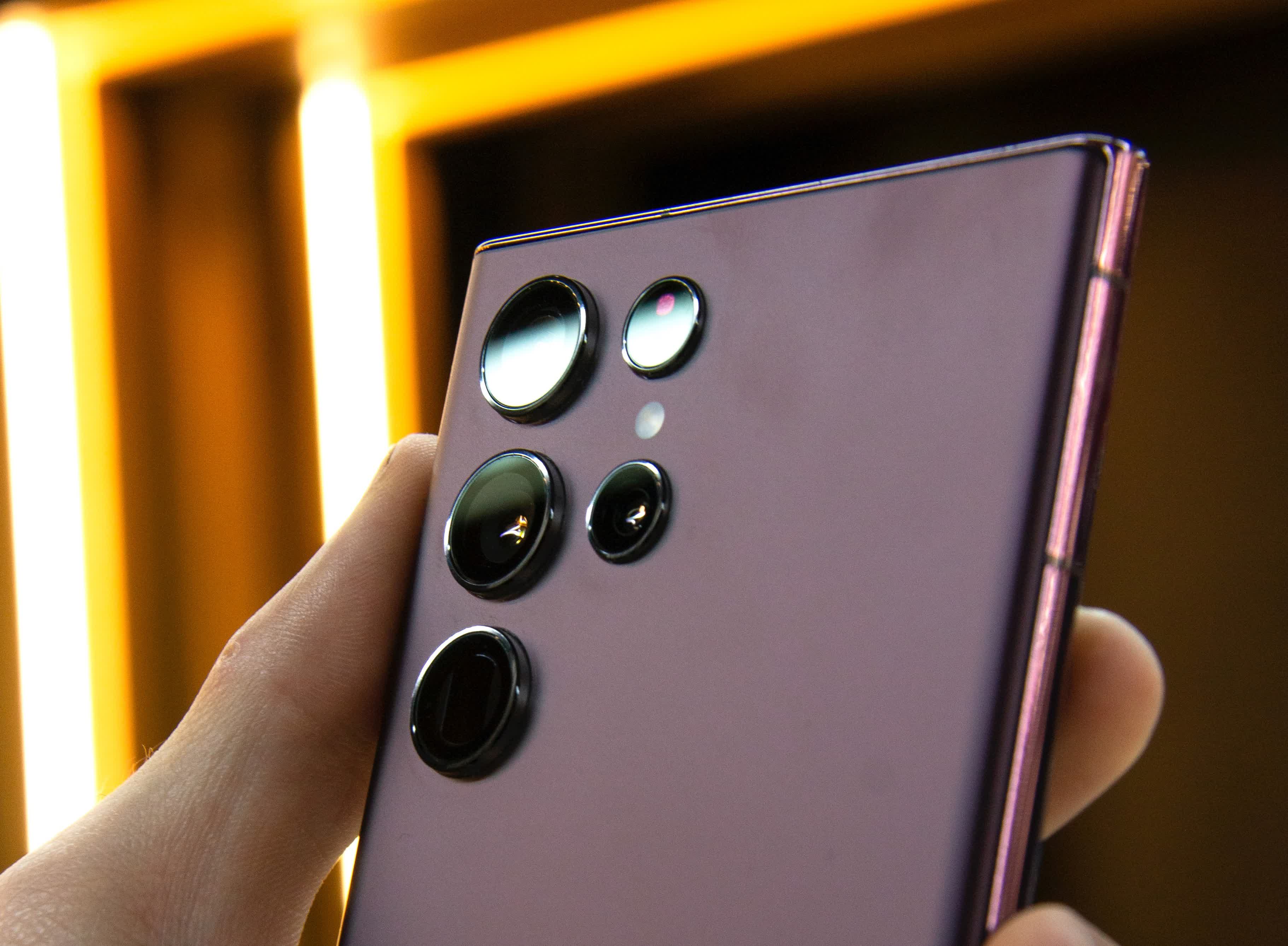A hot potato: Samsung came under fire recently for overpromising with its performance figures for the Galaxy S22 series, which thermal throttles in thousands of popular apps but not during benchmarks. The series is now heavily discounted in South Korea, where the outrage was the greatest.
Samsung has included the Game Optimizing Service (GOS) on its phones since 2016. It pre-emptively reduces the SoC's workload in games, but also in apps like Netflix and Spotify to prevent overheating and to lengthen battery life. All phones have power management software with a similar purpose, but GOS attempts to conceal itself by triggering only while apps on a pre-written list are running.
Previous Galaxy S devices have had better cooling than the S22, making GOS less noticeable. But Geekbench has found that GOS was throttling it by as much as 46%. It decided to ban the S22, S21, S20, and S10 from its benchmark rankings, and later, also banned the Galaxy Tab S8.
We view this as a form of benchmark manipulation as major benchmark applications, including Geekbench, are not throttled by this service.
--- Geekbench (@geekbench) March 4, 2022
Last month, Samsung's device experience CEO Jong-Hee Han apologized for the situation at Samsung's 54th annual shareholder meeting, and said that the company would never sacrifice the quality of its devices to cut costs.
Whereas the Galaxy S10 series and older models used vapor chambers for cooling, subsequent entrants into the Galaxy S series have used graphite pads to act as heat spreaders. However, the S22 Ultra has a new vapor chamber, indicating that Samsung was aware that the S22's cooling wasn't ideal.
Samsung reportedly chose to forego the base model S22's vapor chamber to cut costs and GOS has been accused of being a band-aid fix. But instead of widening the device's profit margins, the sketchy strategy has resulted in its retail price being driven downward in South Korea, Reuters reports.
According to the outlet, South Korea's three major carriers have nearly halved the upfront price of the handset when purchased as part of their deals. It was launched by the carriers at 999,000 won ($812 USD) but is now being discounted to as low as 549,000 won ($446 USD).
Analysts say that the discount is likely being paid for by Samsung itself. They predict that the company's reputation could suffer in the long term.
The iPhone 13, which has been on the market for five months longer than the S22, has only been sporadically discounted by 150,000 won ($122). Apple's share of the $400+ market in South Korea has recently risen to 60%, while Samsung's has fallen from 20% to 17% in the past year.
Samsung is now also contending with a class-action lawsuit signed by nearly two thousand of its customers seeking compensation for the allegedly misleading advertising. Samsung has since added a toggle to disable GOS, but with it disabled, the S22 is liable to overheating and might have shorter battery life.
Image credit: Zana Latif
